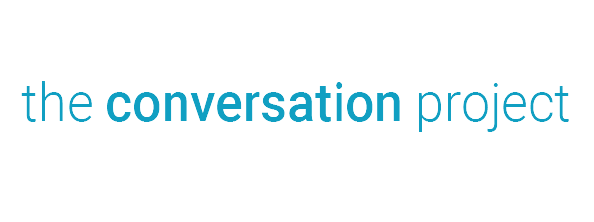| TOOLBOX TIPS |
 |
When looking for support resources following the death of a child, contact local pediatric hospice organizations; they may have good lists of local postdeath resources that they could share. Most hospices have a bereavement coordinator, who would likely be the best person to contact to ask about this.
—Catherine Beckett, LCSW, PhD
|
 |
|
| SHARING SOURCES |
| The Conversation Project |
|
The Conversation Project is a public engagement initiative of theInstitute for Healthcare Improvement. Its goal is to help everyone talk about their wishes for care through the end of life. The organization started in 2010, when Pulitzer Prize–winning writer Ellen Goodman and a group of colleagues and concerned media, clergy, and medical professionals gathered to share stories of “good deaths” and “hard deaths” within their own circle of loved ones.
|
 |
|
The Conversation Project offers free tools, guidance, and resources to begin talking with those who matter most about your and their wishes. Since 2024 more than 700,000 people, from all 50 states and 160-plus countries, have downloaded its Conversation Starter Guide, which is available in English, Spanish, and Chinese. Audio versions as well as video support are available.
|
|
|
 |
|
ASK INELDA
|
 |
|
I am finishing up my will and wanted to know how folks go about stating they would like a doula involved in their passing—which could be 20 years from now. Selecting one now from your directory seems too soon. What should I do? —Email sent to INELDA
|
| Educator Valoria Walker: Understanding the terminology related to end-of-life planning is crucial when planning your end-of-life options and wishes. As you finish your will, know that a “will” covers your “stuff”—your investments, assets, and belongings, and how they will be distributed or resolved. For example, will your home be sold, and who will receive the proceeds? Does a 401(k) account need to be closed and distributed to the assigned beneficiaries? READ MORE |
| Please submit questions to [email protected] |
|
 |
|
| SELF-CARE |
|
Asking for Care Is Self-care
|
Receiving and accepting care can feel deeply uncomfortable when we are so used to centering the needs of others in our personal and professional lives. In fact, receiving care for ourselves is an important part of self-care for those of us whose livelihood and identity are built upon giving. We spend so much of our lives giving care to others that it can be hard to know when we need to ask for care, and it can be even harder to accept care from the people in our lives who we pride ourselves on caring for. Accepting care from a struggling family member or friend can feel uncomfortable because it can feel like we are imposing a burden upon them. But what if instead of feeling that we are burdening the people around us by asking for and accepting their care, we consider that by doing so, we are actually giving them a gift? And that accepting their care is not just practicing self-care for ourselves, but allowing them to practice a form of self-care as well? READ MORE
—Saruh Lacoff
|
|

